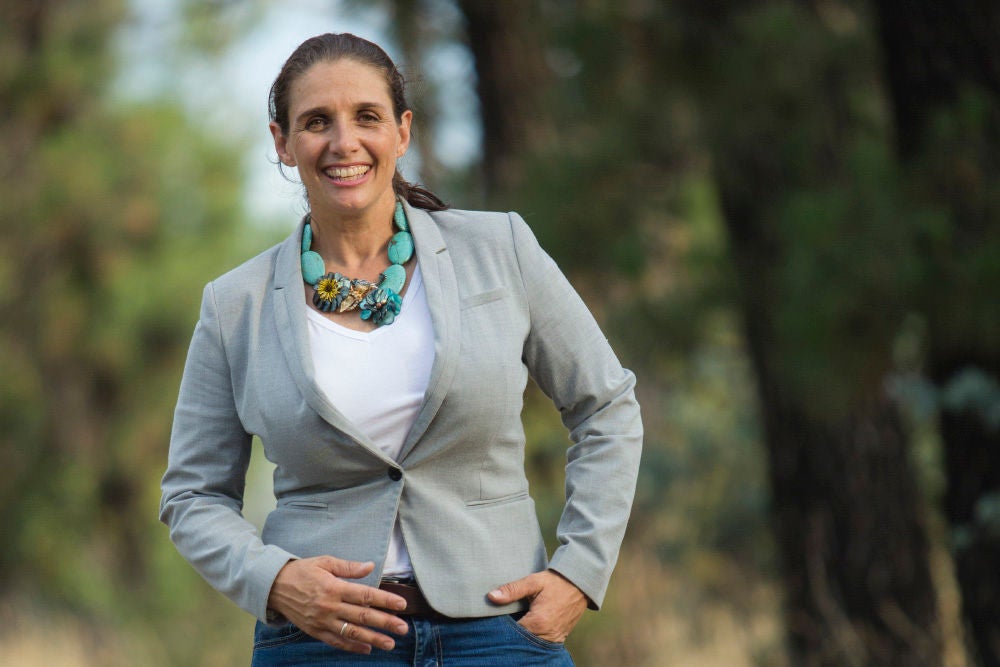Posted by on
26/03/2019
The founder of Australian start-up Goterra, Olympia Yarger, has flipped her business model on its head over the last two years to realise her vision of providing a sustainable solution for food waste management that offers value to agricultural enterprises and regional communities.
At the inaugural Rabobank Farm2Fork Summit in 2016, Olympia pitched her plans to market insect larvae raised on food waste as alternative livestock feed compound for farmers.
Today, she is still using insects, but as a way to manage food waste – rather than making them the final product. It’s a continuous cycle of insects consuming waste to create more insects to eat more waste.
The change of focus came about after she picked up two advisors, both of whom had been judges of F2F pitch presentations.
“They were pivotal in helping us close our seed funding round, and developing the way we present and talk about our business,” Ms Yarger said.
She is now running a fully commercial waste management operation, with waste coming into their Canberra facility from 400 households, a City Hospital, plus a chunk of hotels, fast food restaurants and office buildings in Canberra.
“We’ve also just brought on a really big client, the Department of Health,” Ms Yarger said.
She is also working on taking Goterra into regional locations in Australia, using their modular, agile units to manage everything from pig manure and effluent to horticulture waste and processing and packaging waste.
“We will be doing our first onsite trials of our unit in March and we’ll continue onsite trials throughout this year at different locations in different ways,” Ms Yarger said.
“From there, we’ll progress to building out more units so that we can manage waste more meaningfully for lots of different people.
“We believe there’s value here for regional communities who are burdened with large waste management costs.
“For us, it’s always about what regions fits who we are and what we do. We’re looking at regional centres with populations of around 15,000 and 20,000 people and that are surrounded by large intensive agricultural enterprises.
“They need to be generating enough community council waste streams for us to deliver value, but also offer an opportunity for us to deploy our units onsite to larger enterprises who generate high volumes of waste frequently, so we can deliver value there as well.”
Moving forward, Ms Yarger said, their biggest challenge was investment, not just capital investment, but in finding others invested in giving Goterra’s waste management system a try.
“It’s about getting trials, finding trial partners and finding agriculture companies who are prepared to engage in trials to see if the waste can be managed, if the animals can eat the waste,” she added.
With the ever increasing focus on sustainability in the food & ag sector, Ms Yarger said ‘we want to be part of it, and we want to be part of it in a way that is meaningful, returns value and enhances and improves the way conventional agriculture operates’.
“Our vision is to do that really well so we can continue to deliver on what Australia has historically done well – produce clean and green produce, farm fresh to the plate, and in a way that is ethical and sustainable,” she added.
